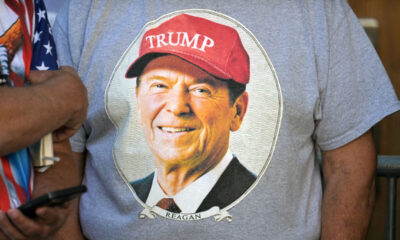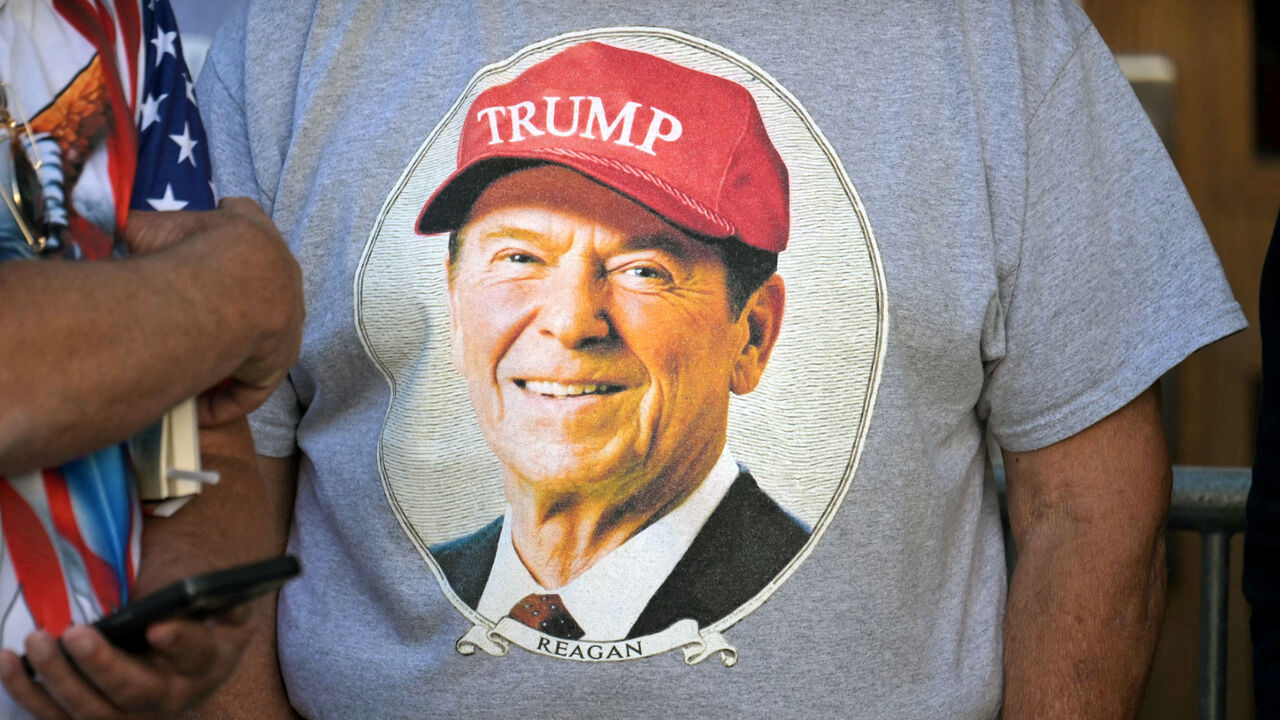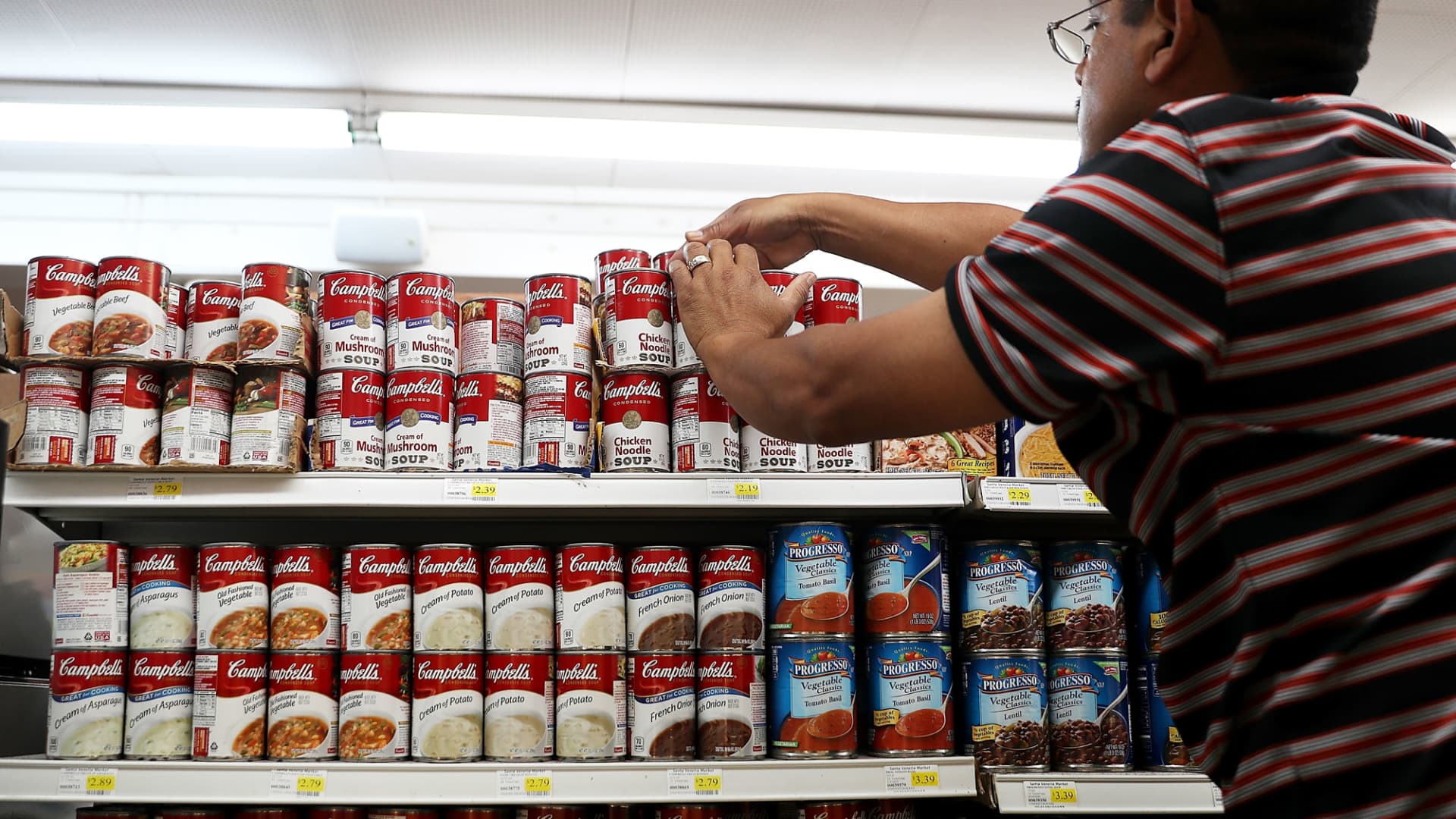HARVEY WEINSTEIN, a former Hollywood mogul and public enemy number one of the #MeToo movement, is a free man again—at least as far as New York’s top court is concerned. On April 25th Manhattan’s Court of Appeals ruled that Mr Weinstein did not receive a fair trial when he was convicted in 2020 of felony sex-crime charges and sentenced to 23 years in prison. He may face a retrial and also has a 16-year jail sentence to serve in California for rape, so will remain behind bars. But the symbolism of the decision—the biggest setback for #MeToo yet—is significant.
Although the ruling came as a shock to the general public, to many in the legal profession it did not. In 2023 a YouGov poll found that 83% of Americans believed that Mr Weinstein was guilty of charges including rape and sexual assault, and only 5% thought him not guilty, “regardless of the verdict”. But while the court of public opinion has little doubt about the guilt of Mr Weinstein—who has been accused by over 100 women of acts ranging from harassment to rape—his criminal conviction in New York was always on shakier ground. As The Economist wrote at the time, the judge’s controversial decision to allow three witnesses, who were not part of the charges, to testify about previous “bad acts” opened the door to an appeal. By allowing these extra accusers, argued Mr Weinstein’s lawyers in their appeal against his conviction, the judge had overwhelmed the trial with “excessive, random and highly dubious prior bad-act evidence”.
Four out of seven appeals-court judges agreed, deciding in their 77-page ruling that the trial court “erroneously admitted testimony of uncharged, alleged prior sexual acts”. Those errors were compounded when the judge ruled that Mr Weinstein could be cross-examined about those and other allegations that portrayed him in “a highly prejudicial light”. The justices emphasised that under New York’s system the accused has a right to be held to account only for the crime charged. “Even the most unpopular criminal defendants deserve a fair trial,” says Daniel Hochheiser, a criminal-defence lawyer. The additional witnesses, he says, “served no other purpose than to poison the minds of the jury against Weinstein”.
The prosecution’s strategy was understandable, if risky. Prosecutors in domestic-violence and sex-crime cases routinely argue to be allowed to call accusers from beyond the case being tried. In the Weinstein trial they argued that the “casting couch” culture, in which women performed sexual favours in exchange for roles, constituted a pattern and that the additional witnesses were necessary to establish that pattern for the jury. According to Deborah Tuerkheimer, author of “Credible: Why We Doubt Accusers and Protect Abusers”, the case exposed a fundamental tension between the legal system’s requirement that any evidence not closely related to the charges be kept out of the courtroom, and society’s requirement for “dozens of accusers” to come forward before a victim is believed. So long as victim credibility is discounted the “gravitational pull” will be towards calling extra witnesses, she says.
#WhereNow?
In their ruling, the New York judges concluded: “The remedy for these egregious errors is a new trial.” The office of Manhattan’s district attorney confirmed it would seek one. In the meantime, all eyes now turn to Mr Weinstein’s appeal in Los Angeles, which he is due to file on May 20th. (Mr Weinstein, who is serving time in upstate New York, will be taken to Los Angeles to start serving his sentence there.) One of his lawyers has argued that because, here too, Mr Weinstein was “subjected to a firehose of uncharged” allegations, this conviction should be similarly overturned. That seems unlikely. As opposed to New York, California (like many other states and indeed federal courts) is more relaxed about allowing “other acts” witnesses to take the stand in sexual-assault cases.
It will be tempting to frame the overturning of Mr Weinstein’s conviction as a backlash against #MeToo. In a spiky dissent, one of the appeal judges, Madeline Singas, wrote: “Men who serially sexually exploit their power over women—especially the most vulnerable groups in society—will reap the benefit of today’s decision.” However, the various cases against Mr Weinstein have not been for nothing. Improvements to the justice system in several states, such as the abolition of non-disclosure agreements that stopped victims from speaking out, and the lengthening of statutes of limitations, can be directly attributed to the #MeToo/Weinstein legacy. Elizabeth Geddes, a former federal prosecutor who convicted R Kelly, a singer, of racketeering and sex crimes in New York in 2021-22, says one challenge that Mr Weinstein’s original verdict helped to overcome was “how to convince potential victims that this time law enforcement is going to take you seriously”.
If it came to a retrial, prosecutors in New York would have a decent shot at convicting Mr Weinstein again. Central to the decision to retry him will be whether his accusers can be persuaded to once again take the stand. That is a battle that one has already said she is willing to fight again.■

 Personal Finance1 week ago
Personal Finance1 week ago
 Blog Post1 week ago
Blog Post1 week ago
 Economics5 days ago
Economics5 days ago
 Economics1 week ago
Economics1 week ago
 Personal Finance1 week ago
Personal Finance1 week ago
 Economics6 days ago
Economics6 days ago
 Accounting5 days ago
Accounting5 days ago
 Personal Finance5 days ago
Personal Finance5 days ago




















